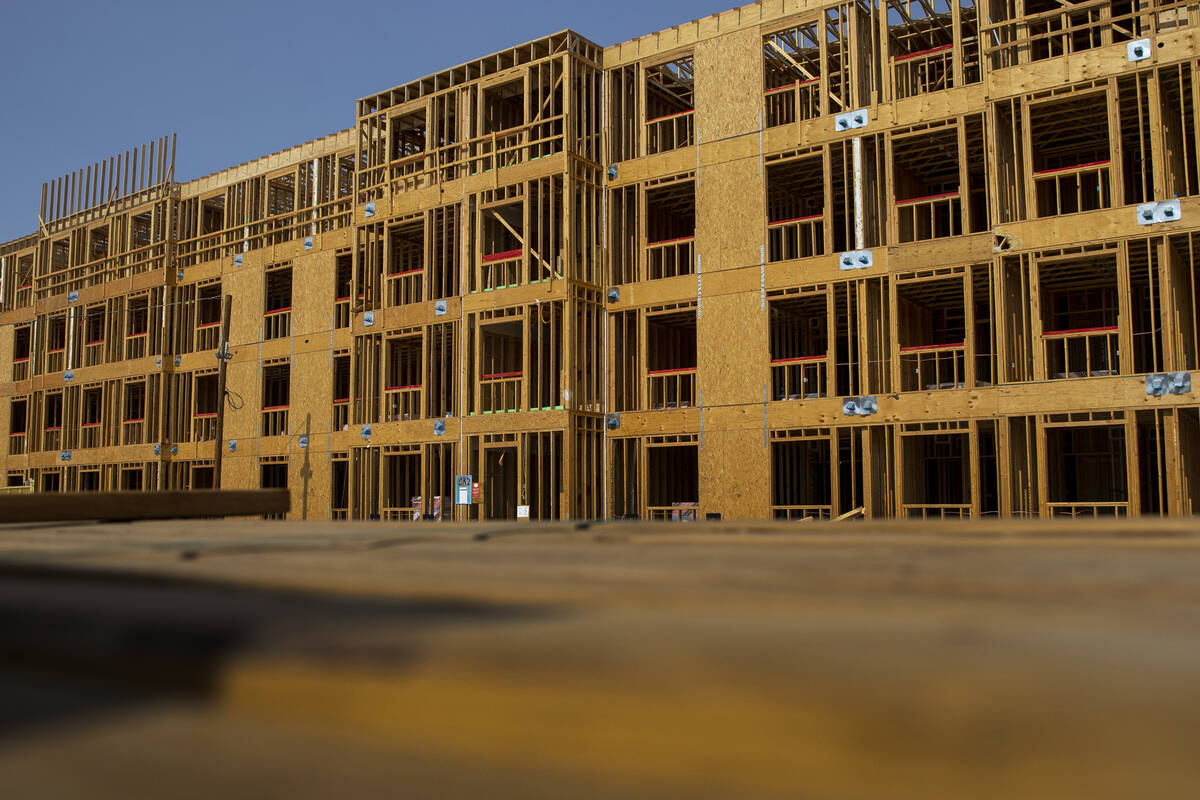EDITORIAL: Rent control backfires in St. Paul
Ignoring the laws of economics doesn’t make them go away. Some Minnesota residents will soon learn that the hard way.
On Election Day, voters in St. Paul enacted a rent control law. It caps rent increases at 3 percent a year. A landlord is even prohibited from raising the rent to market rates after a tenant moves. The ballot measure applies to existing units and new construction and goes into effect next May.
At a time when rents are soaring, the seductive appeal of such a measure is obvious. High rent is one of the main factors that makes many major American cities unaffordable.
But there are decades of evidence that rent control consistently fails to produce the promised renter’s paradise. And what’s already happening in St. Paul highlights why.
Within days of the election, major developers told city officials that they’ve put their projects on hold. “We, like everybody else, are re-evaluating what — if any — future business activity we’ll be doing in St. Paul,” Jim Stolpestad, a business leader with decades of experience working on developments in the city told the Minneapolis Star-Tribune. One company warned that the ballot measure may interfere with the financing it needs to build 760 affordable housing units.
This is an example of what economists call a second-order effect. There’s what happens, and then there’s the response to what happens. This is where you’re likely to observe a government policy’s unintended consequences.
The second-order effect of rent control is that companies build fewer apartments. Some of the currently stalled projects may eventually be built because of sunken costs. But policies such as this will undermine housing development where they are imposed and increase development in suburbs without rent control.
Another second-order effect could be landlords selling their apartment buildings to developers who convert them into condominiums. Or a reduction in maintenance and upkeep by property owners who are prevented from getting a return on their investment.
What rent control won’t do is encourage builders to construct new apartments in St. Paul. Long-term, that’s the most destructive second-order effect of all. High rents aren’t pleasant, but they send a signal to developers that new housing units are needed. This leads to more housing, which creates a downward pressure on prices.
When government central planners keep prices artificially low, developers have less incentive to create new housing units, and small landlords have less incentive to enter the market. Limited inventories create an artificial housing shortage.
There have been various legislative attempts to impose or allow rent control in Nevada. But Nevada lawmakers should learn from the mistakes of others, not repeat them.




























